Education Pathway
Medical Education
Trainee Pathway
2480 - Harnessing Coaching to Promote Growth Mindset
-
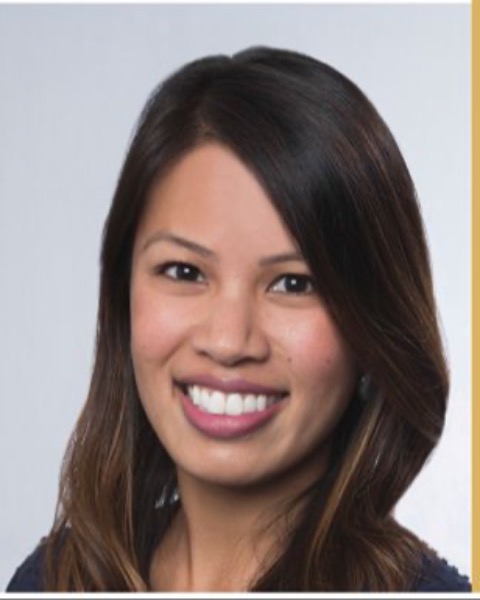
Kim Hoang, MD (she/her/hers)
Clinical Assistant Professor
Pediatrics
Stanford University School of Medicine
San Mateo, California, United States -
KB
Kathleen Boyd, MD (she/her/hers)
Clinical Associate Professor of Pediatrics
Stanford University
Portola Valley, California, United States -
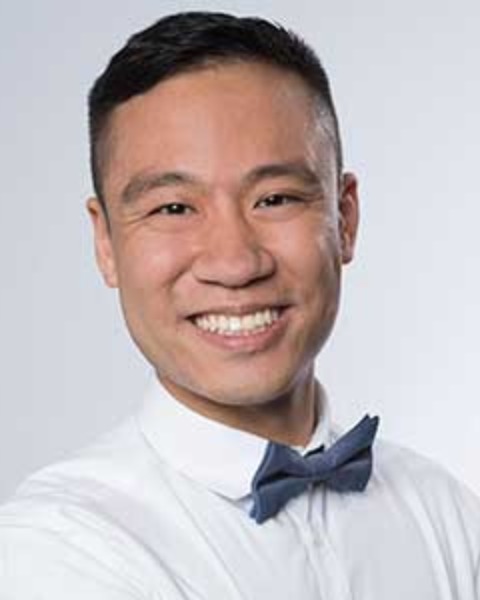
Kevin Chi, MD (he/him/his)
Clinical Assistant Professor
Stanford University
Castro Valley, California, United States -
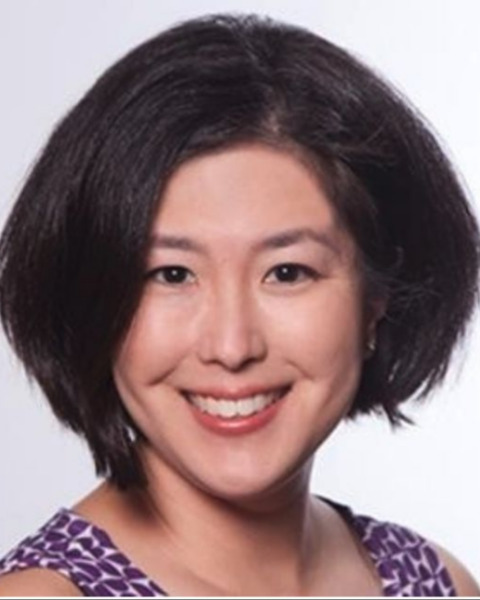
Debbie Sakai, MD
Clinical Associate Professor
Pediatrics
Stanford School of Medicine
Stanford, California, United States -
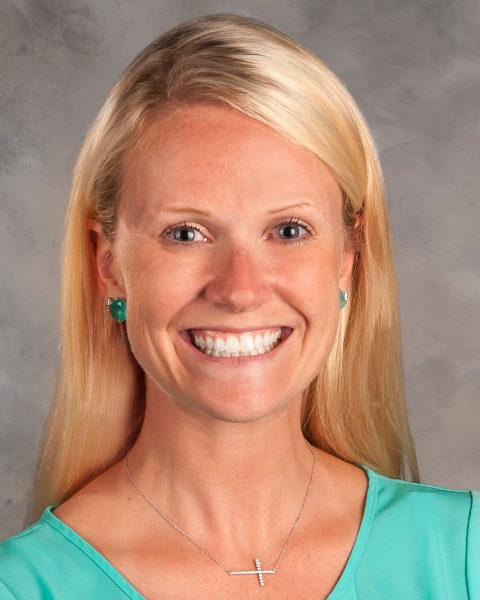
Taryn Hill, MD, MEd (she/her/hers)
Pediatric Hospitalist
General Pediatrics
Johns Hopkins All Children's Hospital
Saint Petersburg, Florida, United States -
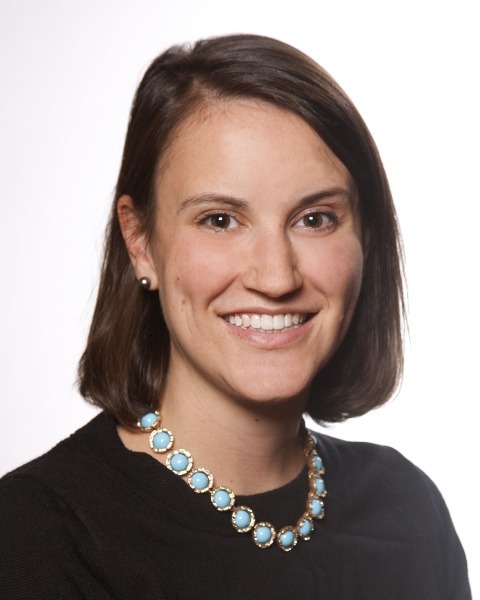
Alice Walz, MD (she/her/hers)
Assistant Professor of Pediatrics
MUSC Children's Hospital
Charleston, South Carolina, United States -
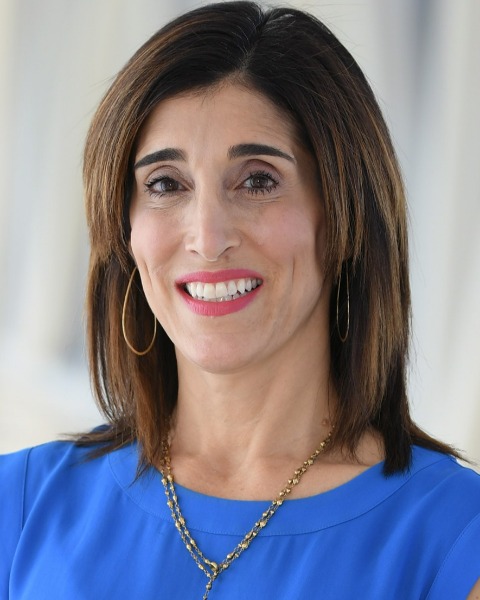
Monique Naifeh, MD MPH (she/her/hers)
Associate Professor
Department of Pediatrics
University of Oklahoma Health Sciences Center
Oklahoma City, Oklahoma, United States -
MT
Matthew Thomas, MD (he/him/his)
Clinical Instructor
Pediatric Infectious Diseases
Johns Hopkins All Children's Hospital
St. Petersburg, Florida, United States -
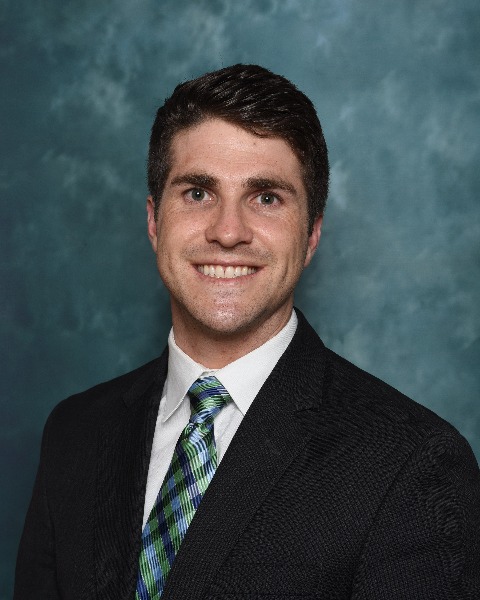
John Barber, MD
Clinical Instructor, Chief Resident
Stanford University School of Medicine
San Jose, California, United States -
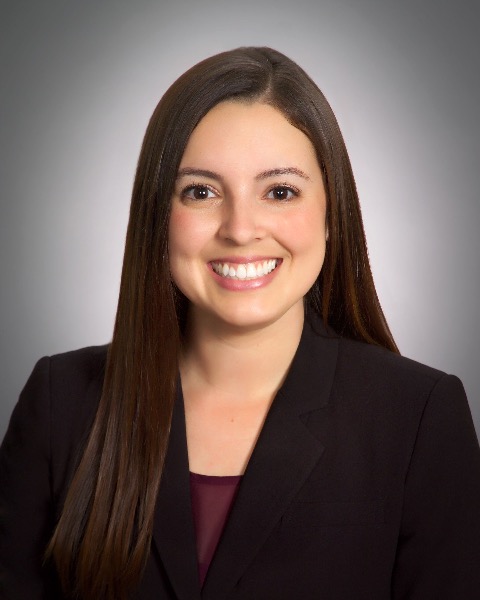
Caitlin Billingham, MD, MPH
Clinical Instructor/Chief Resident
Stanford University School of Medicine, United States -
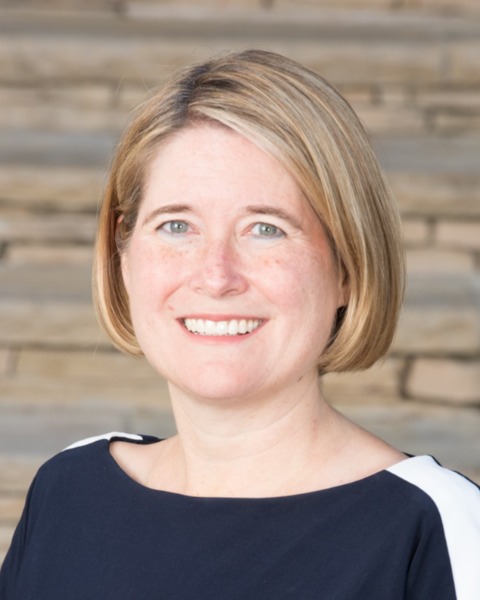
Rebecca Blankenburg, MD, MPH (she/her/hers)
Clinical Professor, Assistant Dean of GME, and Associate Chair of Education, Pediatrics
Pediatrics
Stanford University School of Medicine
Palo Alto, California, United States -
.jpg)
Caroline Rassbach, MD, MA Ed
Clinical Professor and Pediatrics Residency Program Director
Stanford University School of Medicine
Palo Alto, California, United States
Leader(s)
Co-Leader(s)
Coaching is commonly used in business, sports, and the performing arts to help individuals achieve their personal best. This paradigm has emerged in medicine as a framework for trainees’ clinical and professional development. Coaching focuses on learner-driven goals, self-reflection, and individualized feedback to foster life-long learning skills. A relevant framework to coaching is Carol Dweck’s growth mindset theory, the idea that ability is acquired through effort and that failure is an opportunity for learning and improvement. Growth mindset has been incorporated into many grade school curricula while undergraduate and graduate medical education are finding ways to incorporate this theory so that learners graduate medical training with the resilience and continuous self-improvement habits to reach their maximum potential. Coaching can be a great method to promote growth mindset as a developmental process.
This interactive workshop will guide participants in applying coaching techniques to promote a growth mindset in learners based on lessons learned from 5 pediatric residency longitudinal coaching programs. The workshop will focus on fostering growth mindset in 2 main contexts – 1) clinical contexts including learning in diverse learning environments, goal setting, and feedback, and 2) educational contexts such as research projects, career development, and individualized learning plans. This workshop will equip and empower participants with new coaching strategies that can be used one-on-one or in groups to help learners develop a growth mindset. We will also provide a toolkit that can be brought back to participants’ home institutions for learner and faculty development.
